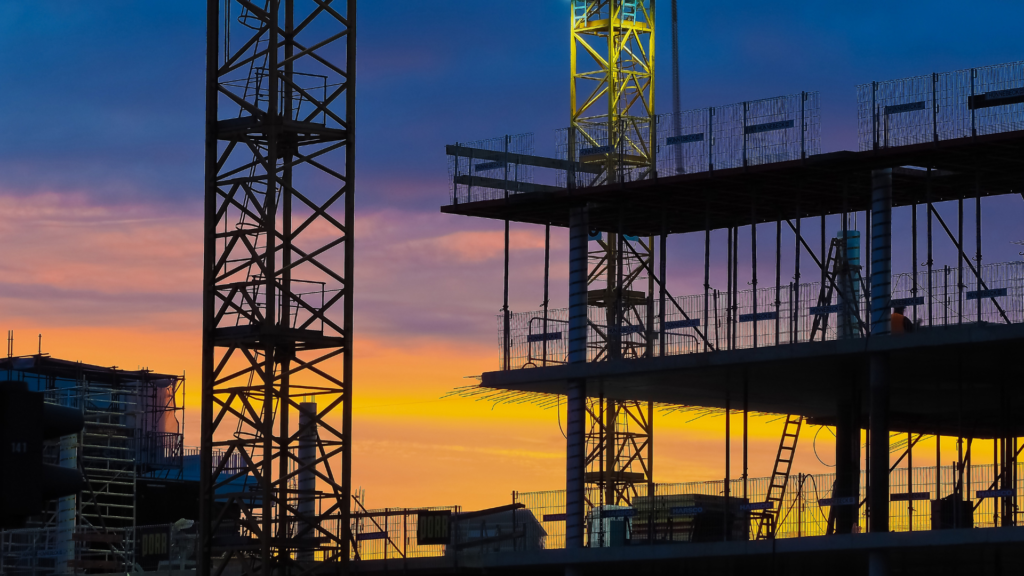
Mediation is an increasingly popular method of dispute resolution that offers an alternative to traditional litigation and arbitration processes. It is a voluntary and confidential process in which a neutral third party, the mediator, facilitates communication and negotiation between conflicting parties, helping them reach a mutually agreeable solution. Mediation has witnessed significant growth and acceptance in Saudi Arabia as a reliable method for resolving disputes. This article explores the evolution of mediation in the Kingdom and its current usage and examines why it has become a preferred alternative for conflict resolution. Additionally, we will discuss the advantages and disadvantages of mediation as a dispute resolution mechanism.
Traditionally, Saudi Arabia’s legal system heavily relied on litigation and formal court procedures for resolving disputes. However, recognising the need for more efficient and less adversarial methods, the Kingdom has gradually embraced mediation as a viable alternative. The introduction of the Saudi Center for Commercial Arbitration (SCCA) in 2016 significantly promoted mediation as a dispute resolution mechanism. The SCCA actively encourages parties to consider mediation before resorting to arbitration or litigation and provides a platform for mediation services.
Today, mediation is widely utilised across various sectors in Saudi Arabia, including commercial, labour, family, and community disputes. The Saudi Ministry of Justice has established specialised mediation centres staffed by trained and certified mediators to provide access to mediation services and ensure the quality and professionalism of the process. Additionally, mediation is commonly used in family disputes, where preserving relationships and finding amicable solutions are paramount.
Advantages of Mediation:
Confidentiality: Mediation offers a confidential environment, allowing parties to freely discuss their concerns and explore creative solutions without fear of public disclosure. This confidentiality fosters open and honest communication, enabling parties to work towards mutually beneficial outcomes.
Control and Flexibility: Unlike litigation, mediation grants parties greater control over the decision-making process. They actively shape the resolution, ensuring their needs and interests are considered. Moreover, mediation is a flexible process that can be tailored to the specific needs and circumstances of the parties, allowing for more customised and creative solutions.
Cost and Time Efficiency: Mediation is generally faster and less expensive than litigation. The streamlined nature of the process reduces procedural complexities, eliminates lengthy court battles, and minimises legal costs. Mediation frees up court resources, enabling the judicial system to focus on more complex cases.
Preserving Relationships: Mediation emphasises collaborative problem-solving and promotes a non-adversarial approach. It helps parties maintain or restore relationships, particularly valuable in disputes involving families, business partners, or ongoing relationships where preserving harmony is crucial.
Disadvantages of Mediation:
Voluntary Nature: As mediation is a voluntary process, all parties must willingly participate to be effective. If one party is uncooperative or unwilling to mediate, resolving may be challenging, necessitating other dispute resolution mechanisms.
Lack of Binding Decisions: Unlike arbitration or litigation, the mediator does not have the authority to impose a binding decision. The outcome of mediation relies on the parties’ agreement and cooperation. If parties fail to reach a consensus, the dispute may need to be resolved through alternative means.
Mediation has emerged as a valuable alternative for resolving disputes in Saudi Arabia. With its evolution and widespread acceptance, mediation provides a confidential, flexible, and cost-effective method for resolving conflicts in various sectors. While it offers numerous advantages, such as maintaining relationships and preserving confidentiality, it is essential to consider its voluntary nature and potential power imbalances. As Saudi Arabia continues to promote mediation through its legal system and dedicated centres, this alternative method of dispute resolution is likely to gain further recognition and contribute to a more efficient and harmonious society.









